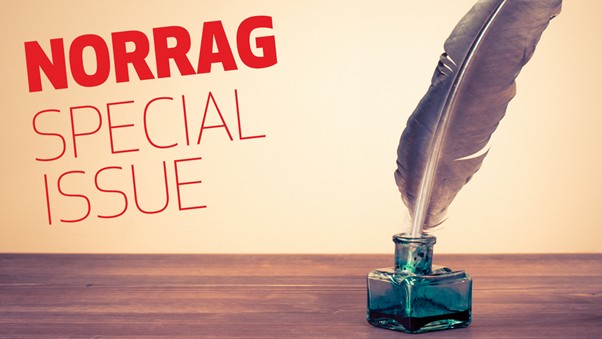Deadline for submission of Abstracts: 10 May
Deadline for submission of full paper: 10 September
Deadline for final revisions: 12 November
Publication and launch March 2025
More information about the topic and how to apply
Editors: Angeline M. Barrett, Rachel K.A. Bowden, Anthony A. Essien, Prem Phyak and Barbara Trudell
The purpose of this NORRAG Special Issue is to collate innovations, theoretical and practical, that can provide impulse for further developments in, and systemic approaches to, MLE across education systems. Contributions will draw out implications for policy, curriculum design, assessment, pedagogy and teacher professional learning from early years up to vocational and higher education, formal and informal settings. The Special Issue will also include contributions reflecting on the role that multilingualism can play in creating and realising educational futures that are reparative and sustainable. It will be organised into five parts:
- Curriculum, planning and assessment in MLE systems
- Teacher learning and pedagogic innovation
- Communities, networks and partnerships
- Multilingualism for inclusive vocational and higher education
- MLE for sustainable and reparative futures
Contributions
We welcome contributions from researchers, educators and policy makers working across academic, government, non-governmental, civil society, private sector, philanthropic and advocacy organisations. We aim for the Special Issue to include contributions from around the world, most especially contexts where large numbers of learners use more than one language during their basic education or experience a transition in the language used for learning and teaching at any stage from early years up to and including tertiary education and transition into the workplace.
Contributions should be around 1500-2500 words in length.

